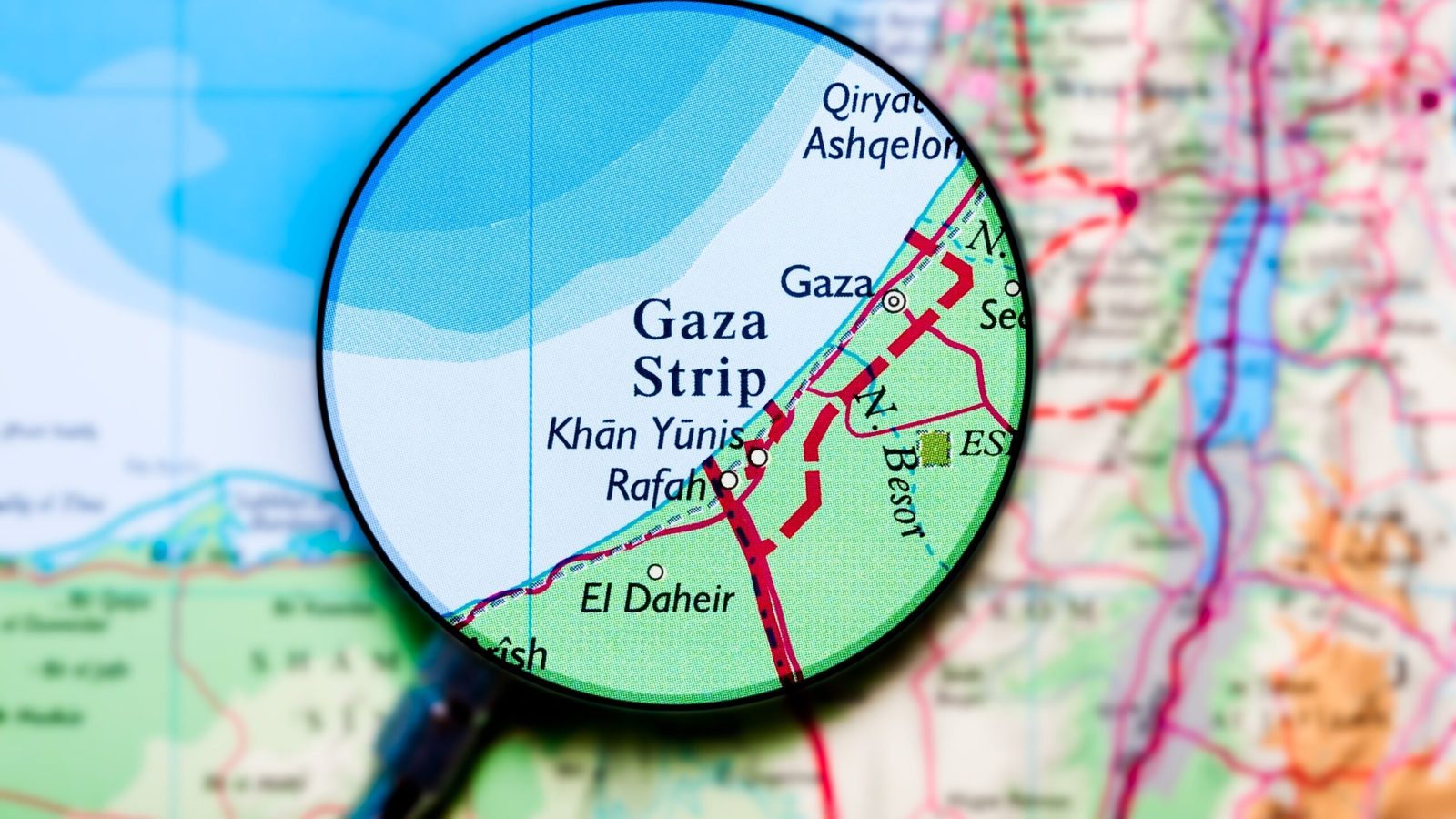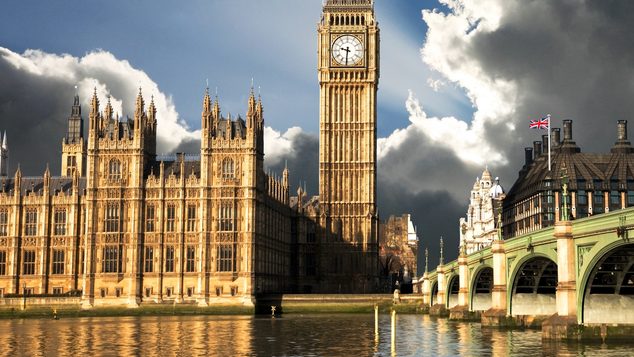Key points
- The Hamas attack represents one of the biggest security and intelligence breaches for Israel in the country’s history, and comes almost 50 years to the day since the Arab attack on Israel in 1973’s Yom Kippur War.
- Aside from the unfolding human tragedy, there is a wider geopolitical angle to the conflict: Iran does not want to see an axis of friendship strengthening between Israel and Arab states, particularly Saudi Arabia. In addition, the conflict could provide a useful Western distraction from Vladimir Putin’s war against Ukraine.
- The bigger risk for markets would arise if the conflict escalated to draw in regional powers such as Iran and Saudi Arabia, countries that also control significant volumes of oil supply. Should the conflict persist, and the US become involved through weapons support to Israel, this would be likely to lead to further escalation and could draw in other great powers.
- Any escalation of Middle Eastern conflict could provide an additional source of inflation just as global central banks are beginning to show progress in getting inflation under control.
On Saturday 7 October 2023, Palestinian militant group Hamas, based in the Gaza Strip, began an unprecedented military assault on Israel, firing over 3,000 rockets and infiltrating Israel’s southern borders, taking at least 100 Israeli hostages. The fatality toll (as of 10 October) has been put at more than 900 Israelis and over 2,000 Palestinians. The event represents one of the biggest security and intelligence breaches for Israel in the country’s history and comes almost 50 years to the day since the Arab attack on Israel in 1973’s Yom Kippur War. Israel’s Prime Minister Netanyahu has declared that Israel is at war with Hamas.
What is the political/geopolitical context?
Middle Eastern politics is notoriously complex, and there are multiple dynamics at play. The Hamas attack comes against the backdrop of increased marginalisation for Palestinians who still do not enjoy state recognition. Meanwhile, the Abraham Accords signed under Donald Trump’s US administration normalised diplomatic relations between Israel and a number of Arab states including the United Arab Emirates, Bahrain and Morocco.
At the same time, Israel continued to expand its settlement of the West Bank to the disadvantage of Palestinians, with fairly limited international condemnation. It was widely believed that Israel was close to a formal diplomatic breakthrough with Saudi Arabia which would have further marginalised the political interests of the Palestinians; these latest attacks by Hamas and the declaration of war by Israel look likely to put a stop to that process.
Aside from the unfolding human cost, there is a broader geopolitical angle to the conflict: Iran does not want to see an axis of friendship strengthening between Israel and Arab states, particularly Saudi Arabia. Iran (and Syria) is a sponsor of terrorist groups Hamas (Gaza) and Hezbollah (Lebanon) as a tool of its foreign policy. It is also important to question the role that Russia is playing in this latest security crisis. Russia is a sponsor of Syria’s Assad regime and has grown its influence in the region over the last decade.
Escalation of any conflict involving Israel (which by necessity is likely to draw in the US in one way or another) would also provide a useful Western distraction from Vladimir Putin’s war against Ukraine, which has already seen early signs of softening Western support in recent months.
In terms of Israel’s domestic politics, the disarray in recent months caused by Prime Minister Netanyahu’s attempt to overhaul the judiciary has created domestic unrest and protests. This required a diversion of security and intelligence resources which may well have created a more helpful backdrop for Hamas to launch its attacks.
Why does it matter and what happens next?
The event represents the biggest escalation of conflict in Israel in over a decade, just as it appeared that the country was making solid diplomatic progress with many of its Arab neighbours, not least being on the cusp of signing a ground-breaking deal with Saudi Arabia. Depending on the duration and depth of the conflict, diplomatic successes of recent years could reverse. Netanyahu’s centre-right political leaning and record as a security hawk suggest that Israel will respond with force in order to take out the Hamas leadership, especially given pressure from hardliners on the right of his coalition. This looks set to include a ground-based invasion of Gaza which could involve a significant number of casualties and could face initial limitations owing to the hostage situation.
While such an operation would initially be regionally contained, the risk of escalation would arise in the event that Hezbollah attacks from the North and Iran declares its direct involvement and/or Israel can credibly trace Iranian involvement in the attacks. A direct confrontation between Israel and Iran, including missile attacks on each other, would have a deeper impact on global markets.
The conflict also matters from a domestic US political perspective given that presidential elections are scheduled for just over 12 months’ time. President Biden has already declared his support for Israel. The Israel lobby is very powerful in the US and therefore important for Biden’s re-election prospects. Should the conflict persist, and the US become involved through weapons support to Israel, this would be likely to lead to further escalation and could draw in other great powers.
What is the implication for financial markets?
If the conflict remains localised, the implication for markets is likely to be limited other than economic disruption to Israel, a sell-off in the Tel Aviv market and other regional stock markets, and a limited sell-off in the Israeli shekel, which was trading at a seven-year low against the US dollar on 9 October. The bigger risk for markets would arise if the conflict escalated to draw in regional powers such as Iran and Saudi Arabia, countries that also control significant volumes of oil supply. Markets began to pre-empt this to a small degree, with the international Brent oil price up 4% on 9 October. Broader escalation of the conflict could also affect international trade more generally, with the vital Suez Canal and Straits of Hormuz – two of the world’s most strategically important choke points – in close proximity to the conflict.
In summary, markets have experienced the inflationary impacts of geopolitical events in recent years, and an escalation of Middle Eastern conflict could provide an additional source of inflation just as global central banks are beginning to show progress in getting inflation under control. The dynamics could be eerily reminiscent of the 1970s.
This is a financial promotion. These opinions should not be construed as investment or other advice and are subject to change. This material is for information purposes only. This material is for professional investors only. Any reference to a specific security, country or sector should not be construed as a recommendation to buy or sell investments in those securities, countries or sectors. Please note that holdings and positioning are subject to change without notice. Richard Bullock is an employee of BNY Mellon Investment Management Singapore and provides support to Newton Investment Management as a geopolitical strategist.






Comments